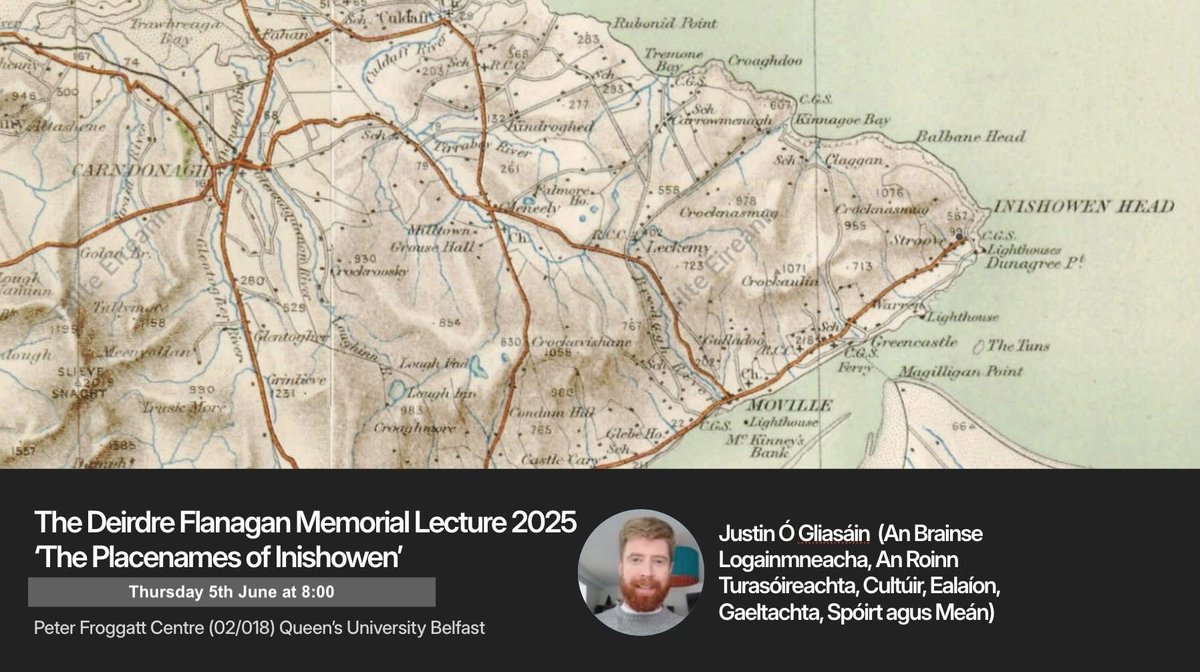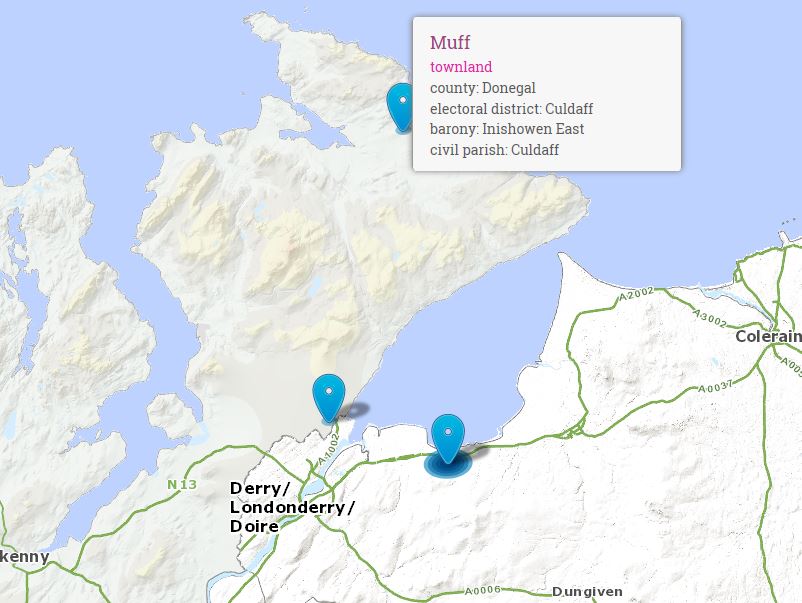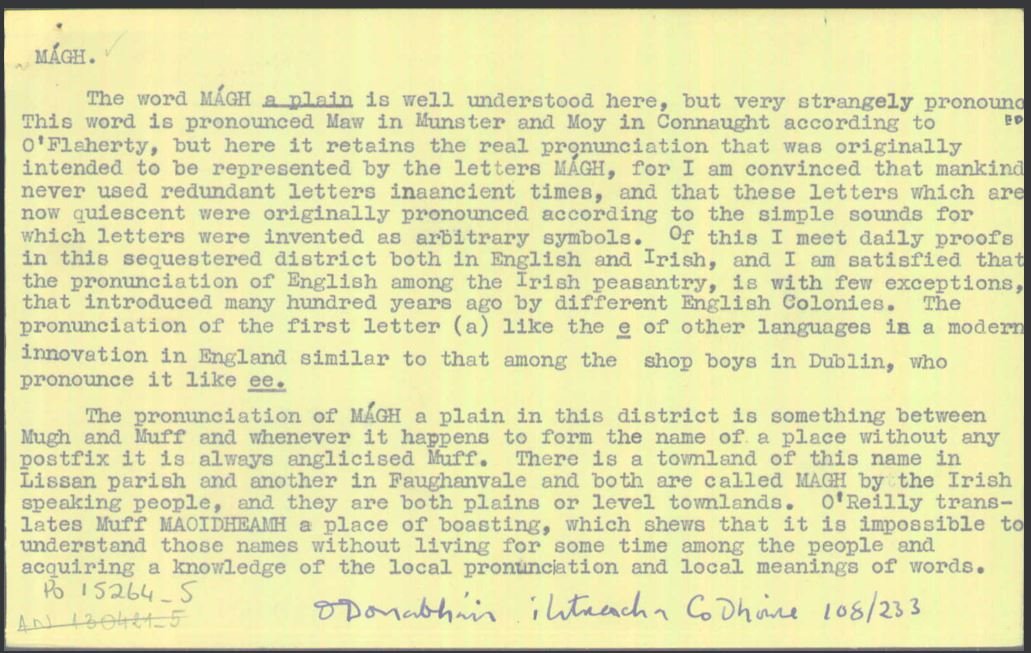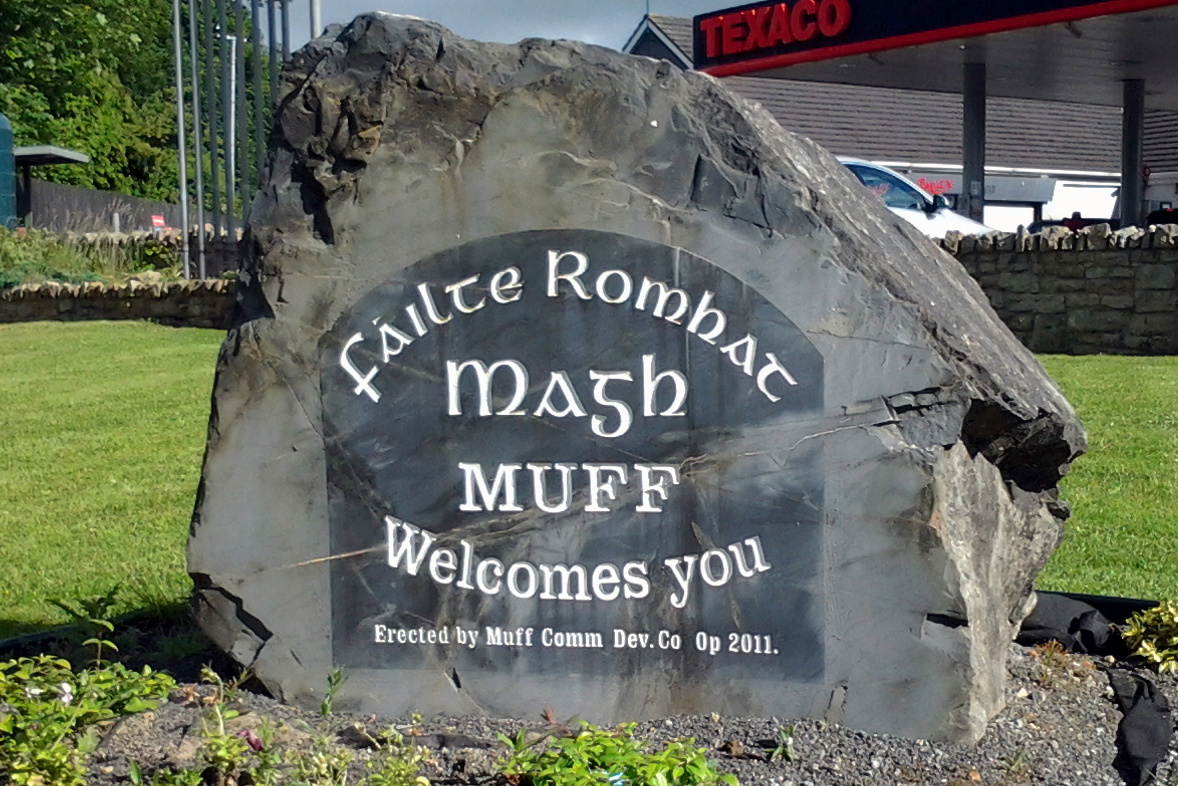
Dr Frances Kane
@proinsy
Linguist @QUBelfast. Syntax, Multilingualism, Language Acquisition and Onomastics @placenamesni @irelandmapped. Gaeilgeoir and occasional triathlete
ID: 195801467
http://franceskane.wordpress.com 27-09-2010 16:20:03
8,8K Tweet
1,1K Followers
1,1K Following
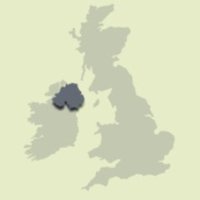






@BernardJMolloy6 Dr Frances Kane Yes, of course, and both phonemes represent voiced/devoiced examples of the same form, in that muff- and mav- are essentially a minimal pair.


The pronunciation of Muff seems to reflect the original Irish but this may have been reinforced by the pronunciation in English of ‘gh’ as ‘f’ in words such as ‘cough’ and ‘rough’ The Irish News irishnews.com/arts/thebluffe…



Thanks to BHF Northern Ireland for the invitation to come along to the launch of ‘Bias and Biology’ which highlights stark gender inequalities in cardiovascular care. Key policy recommendations that need to be heard.


Liam Fleece-son? Connor Phillips


Belfast Street Names Roinn na Gaeilge, Ollscoil na Banríona QUB AEL Dr Frances Kane Síobhra Aiken Reserve your spot for this year's Ulster Place-Name Society Seán Mac Airt Memorial Lecture eventbrite.co.uk/e/sean-mac-air…"

Back at it The Northern Ireland Place-Name Project instagram.com/stories/places…


Re-sharing some Muff bits and pieces ahead of the The Northern Ireland Place-Name Project UPNS Spring Lecture this week with Justin Ó Gliasáin Logainm.ie on 'The Place-Names of Inishowen'. All welcome!
